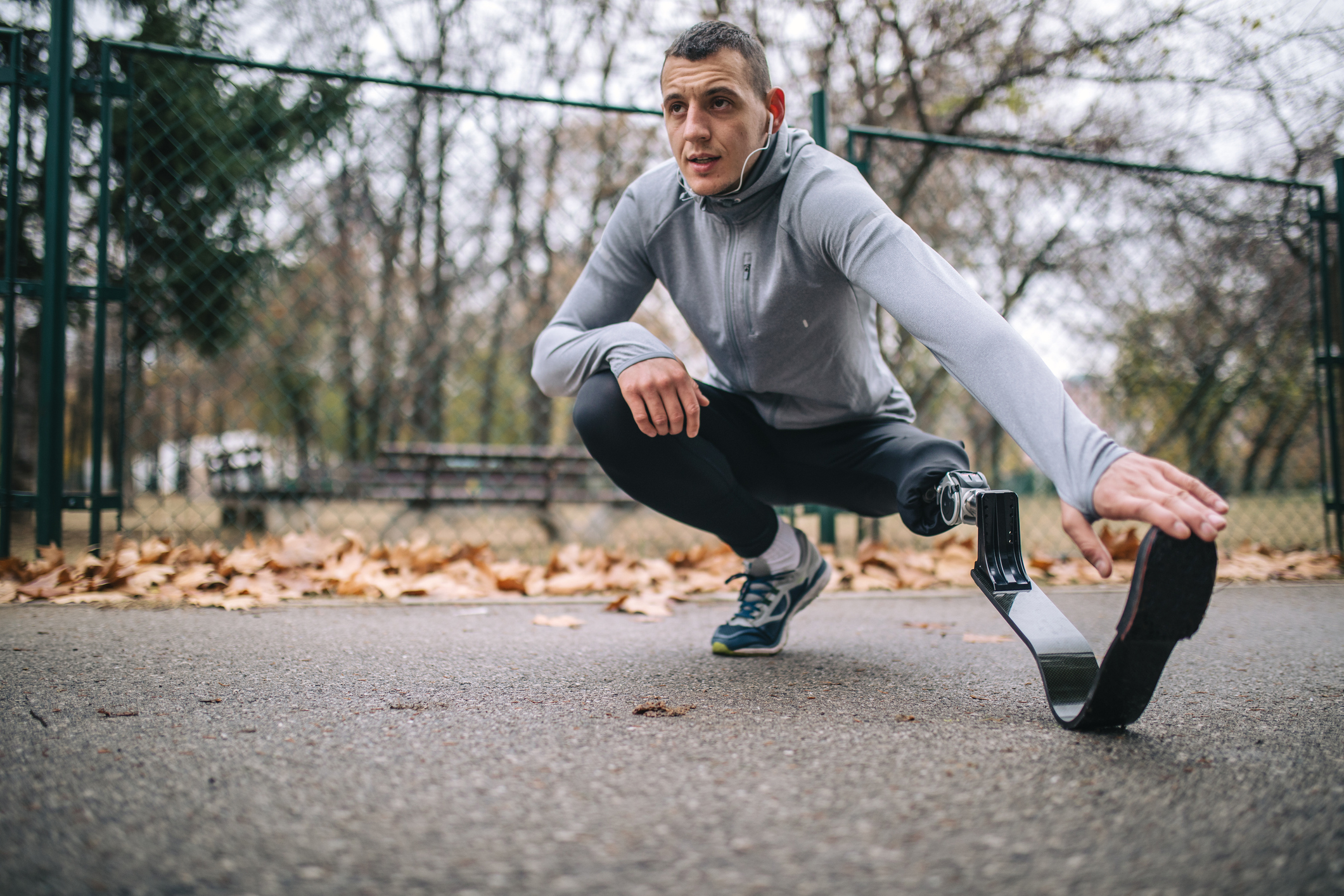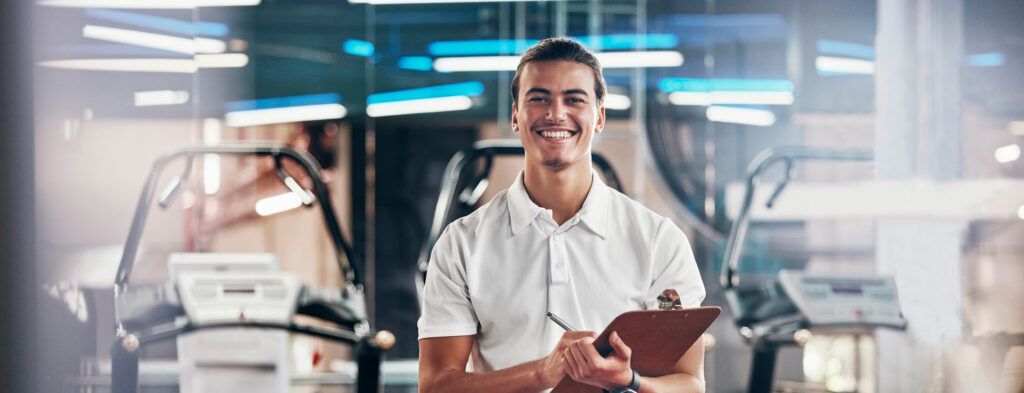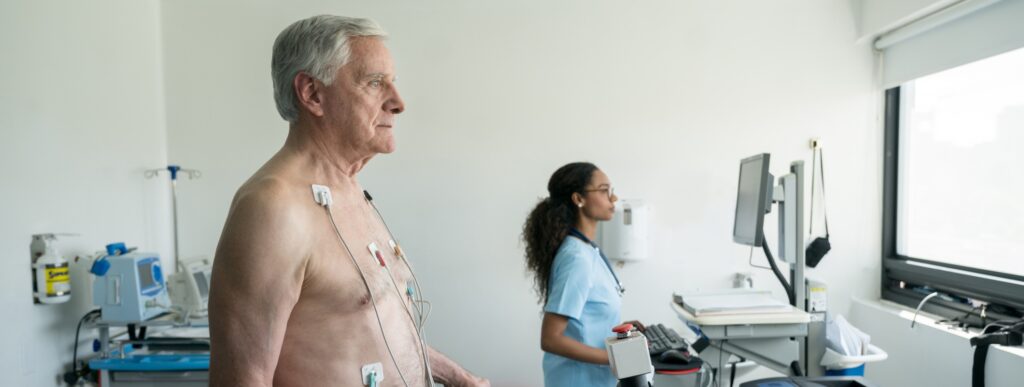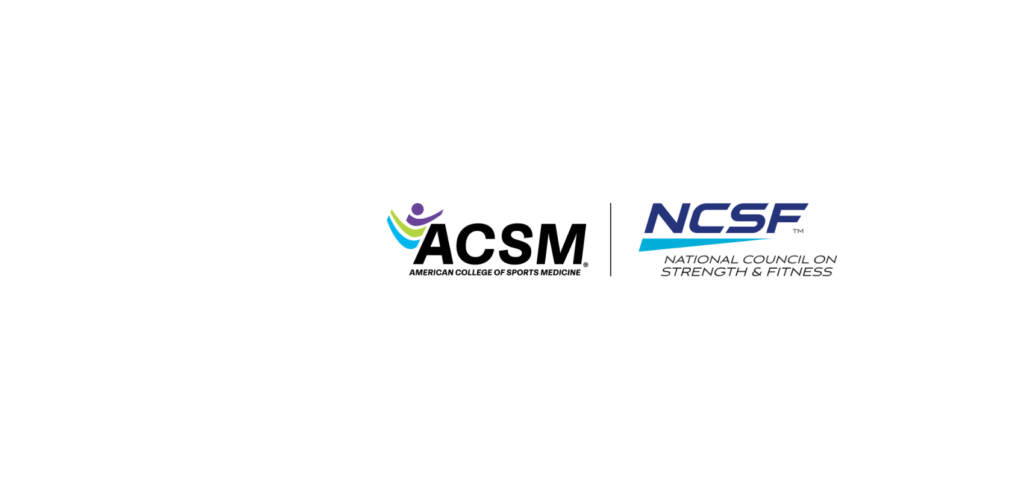Did you know that 81% of people with a disability don’t feel welcome in the fitness industry?
That means as fitness professionals, leaders and educators, we have a lot of work to do. One of the biggest areas of need is in representation. We are the fitness industry after all, and we know that representation sells our brands. We know the stigmas around sizeism and ageism all too well, but what about ableism? People with a disability rarely, if ever, get to see themselves at the gym, in commercials or on the flyer, and they certainly cannot request a trainer that looks like them at most gyms around the country.
October is National Disability Employment Awareness Month, and its purpose is to celebrate the achievements of American workers with a disability. This might be easier said than done: According to the U.S. Bureau of Labor Statistics, for individuals aged 16-64, the current unemployment rate for persons with a disability is 8.3 % — that’s 5% higher than for those without a disability. An even more staggering statistic? Using that same source and age range, the labor force participation rate for people with a disability is only 38%.
Clearly, the fitness industry does not stand alone in its lack of representation. However, there has been progress, as some well-known companies are making strides toward greater inclusion. This year, Peloton came out with their first adaptive training consultant and instructor who has a disability. The Apple Watch has included accessibility features for years, including selecting if you are a wheelchair user as a fitness option and changing the language to “roll” instead of “walk.” In addition, they also added wheelchair-specific workouts to their accessibility features this year.
Last year, Degree Deodorant launched a #TrainersForHire campaign to challenge the industry to hire more trainers with a disability. Their recent commercial campaign also highlighted people with a disability being physically active, and the first-of-its-kind adaptive deodorant. Nike joined the club by making their fitness apps more accessible with adaptive workouts in the Nike Training Club, which also includes an instructor with a disability leading the class. PopSugar made inclusive efforts by interviewing my colleague and friend Sonja Ast from Lakeshore Foundation for this 10-Minute High-Intensity Workout for People in a Wheelchair. And finally, Move United’s OnDemand provides online fitness classes for and by people with disability.
The COVID-19 pandemic — which significantly affected people with disability more than those without in the fitness space due to the lack of access to inclusive home equipment, fitness apps and walkable communities — certainly helped influence these changes by larger companies, but it also saw an increase in individuals speaking up and creatively developing solutions. For example, para-powerlifter Ali Jawad who, with a few partners, created a new fitness app for people with a disability or Nicole Walsh, who went back to being a personal trainer after a spinal cord injury. The industry has hit a significant enough shift that you can now google “disabled fitness influencers” and actually get a hit. On TikTok you will find influencers Alyssa Gialamas, a Paralympic swimmer, and Jesi Stracham, founder of the Wheel With Me Foundation.
While we still have a long way to go to reach true inclusion in the fitness space, especially here in the U.S. where the Americans with Disabilities Act has been around for more than 30 years, we can at least take some time out to acknowledge that we are finally starting to move the needle forward.
Join me this month in celebrating those who have broken the mold and successfully found their way into the industry, and pledge with me to make it a whole lot easier for the next generation to find acceptance and success in our industry by being the voice of access and inclusion in your respective fields.
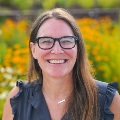
Kelly Bonner is the Director of Training and Operations at Lakeshore Foundation for the National Center on Health Physical Activity and Disability (NCHPAD). In her work with NCHPAD, she has conducted numerous trainings on Disability Education to organizations like the World Games, Encompass Health, and state health departments. She has also authored publications and blogs for organizations such as ACSM, CDC and NRPA. Mrs. Bonner manages NCHPAD’s training and education components including their on-line E-learning site. For the past 10 years Mrs. Bonner has overseen and delivered the trainings for the Certified Inclusive Fitness Trainer through ACSM. Mrs. Bonner is a certified fitness specialist and has worked at Lakeshore Foundation, an Olympic and Paralympic training center, working with disabled individuals across the lifespan in the fitness center as well as coaching adapted track and field.

